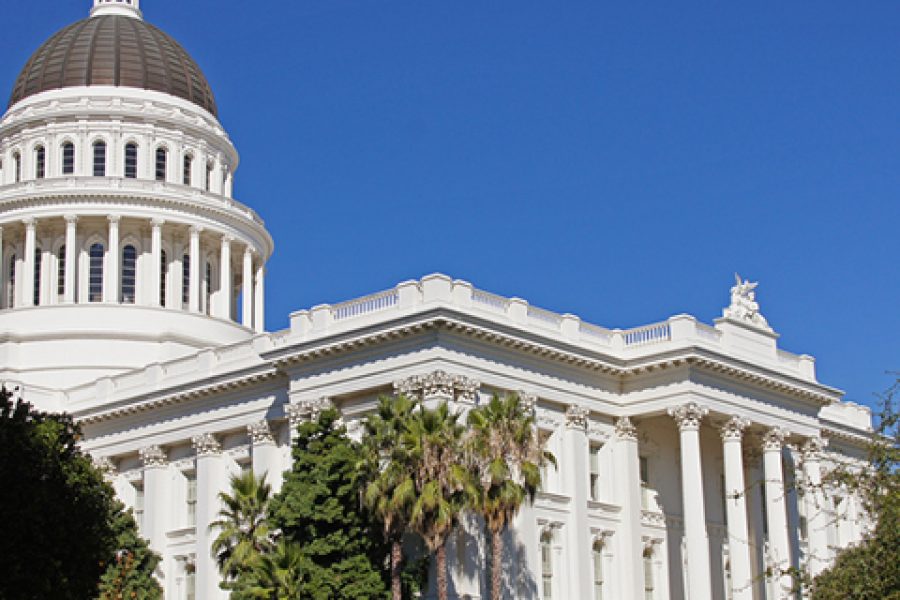On Wednesday, the day after millions of Californians cast ballots in the Newsom recall election, there was a common refrain in Sacramento.
Prominent advocates of big government and perpetually increasing government spending were suddenly transformed into budget hawks overnight. Their target of “government waste” – the California recall itself and the $276 million the Legislature appropriated to administer the election.
“A QUARTER OF A BILLION DOLLARS! Imagine all the good that money could have been used for,” tweeted Democratic Assemblywoman Wendy Carrillo.
“Without the costs of the recall, we would have had $276+ million more to help Californians. What would that buy? Dozens more park expansions and improvements, to name just one idea” tweeted Speaker Rendon’s budget advisor Jason Sisney.
But as Jason knows, $276 million is really a drop in the bucket. In the past 18 months alone, nonpartisan government watchdogs and media voices have uncovered billions in wasteful, inappropriate and fraudulent state spending – money that could really be put to good use helping people.
If we want to free up more resources for parks or even more pressing needs of California, here are a few examples lawmakers and staff should look at:
- “California officials said . . . they have confirmed that $11.4 billion in unemployment benefits paid during the COVID-19 pandemic involve fraud – about 10% of benefits paid – and another 17% are under investigation,” the Los Angeles Times reports.
- In the aftermath of a controversial nearly $1 billion mask deal negotiated by the Governor with a Chinese firm that ultimately required a nearly $250 million rebate to the state, the nonpartisan Legislative Analyst’s office urged improved legislative oversight over emergency spending authorities, writing that, “the state’s existing emergency spending authorities . . . allow the Governor to spend an essentially unlimited amount of funds on emergency‑related activities with very little opportunity for legislative oversight.”
- “California has spent $13 billion in the last three years to tackle a massive homelessness problem likely to worsen with the pandemic, yet its approach is so fragmented and incomplete as to hinder efforts at getting people into stable housing,” the Associated Press reported in February of a troubling report issued by the nonpartisan State Auditor’s office.
- Bloomberg News reported in November about another scathing report from the Auditor’s office calling out “mismanagement (that) resulted in the loss of $2.7 billion of bond-issuing authoring that could have gone toward preventing more residents falling into homelessness.”
- California’s high-speed rail debacle has been the ultimate symbol of government waste and inefficiency since voters approved $9 billion in bonds to fund its construction in 2008. As lawmakers continue to debate spending the remaining bond proceeds, NBC Bay Area reported that even Assembly Speaker Anthony Rendon “fears residents in his district may never see any benefits from high-speed rail at least as it’s presently situated.”
One hopes that, in the spirit of unity that typically follows an election, lawmakers and staff at the State Capitol will continue to embrace their newly found fiscal conservatism.
Just imagine how much we could put to good use helping people if the guardians of our tax dollars devoted the same effort to rooting out waste and inefficiencies going on under their watch as they do trying to put a price on our democracy.
Tim Anaya is the Pacific Research Institute’s senior director of communications and the Sacramento office.


